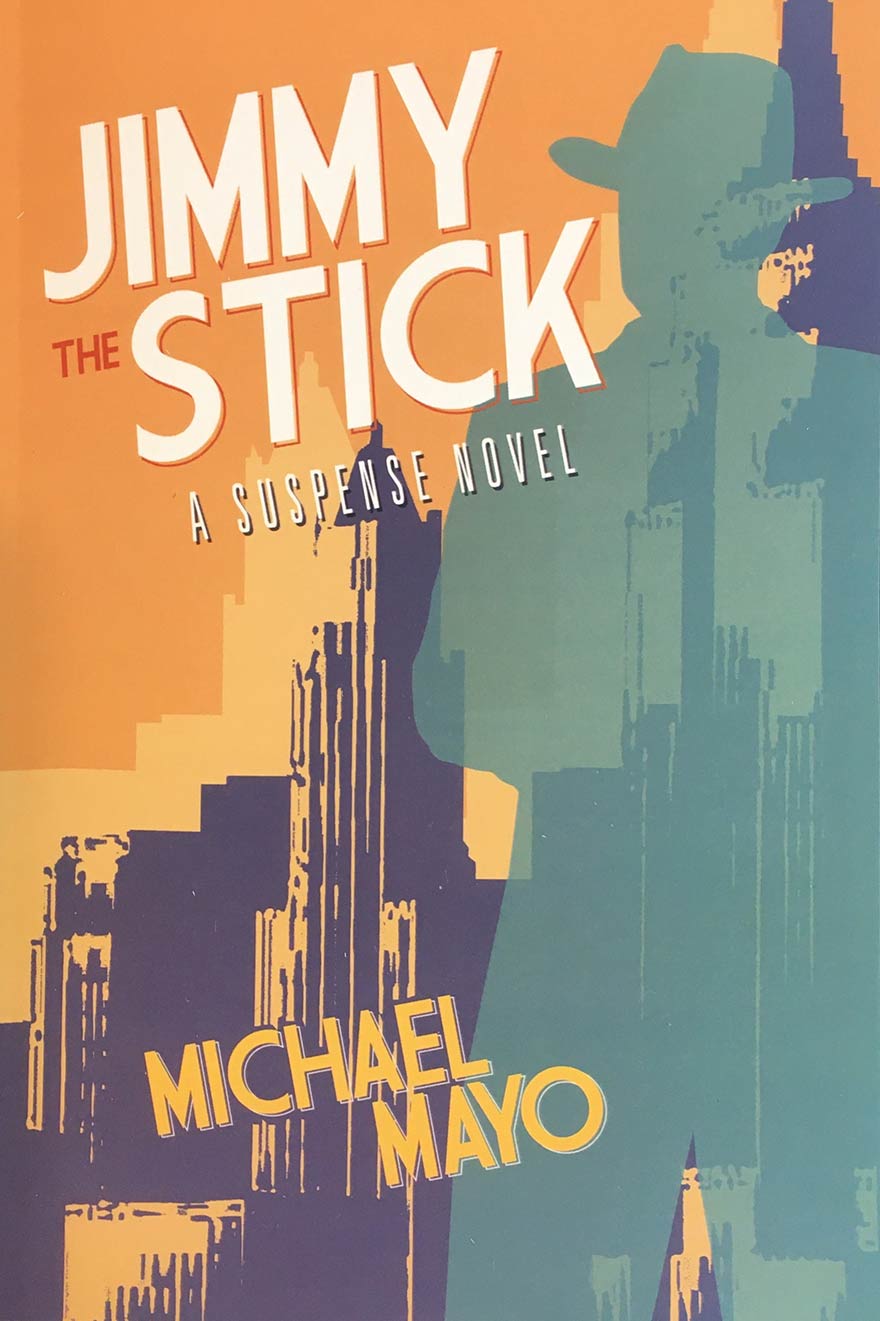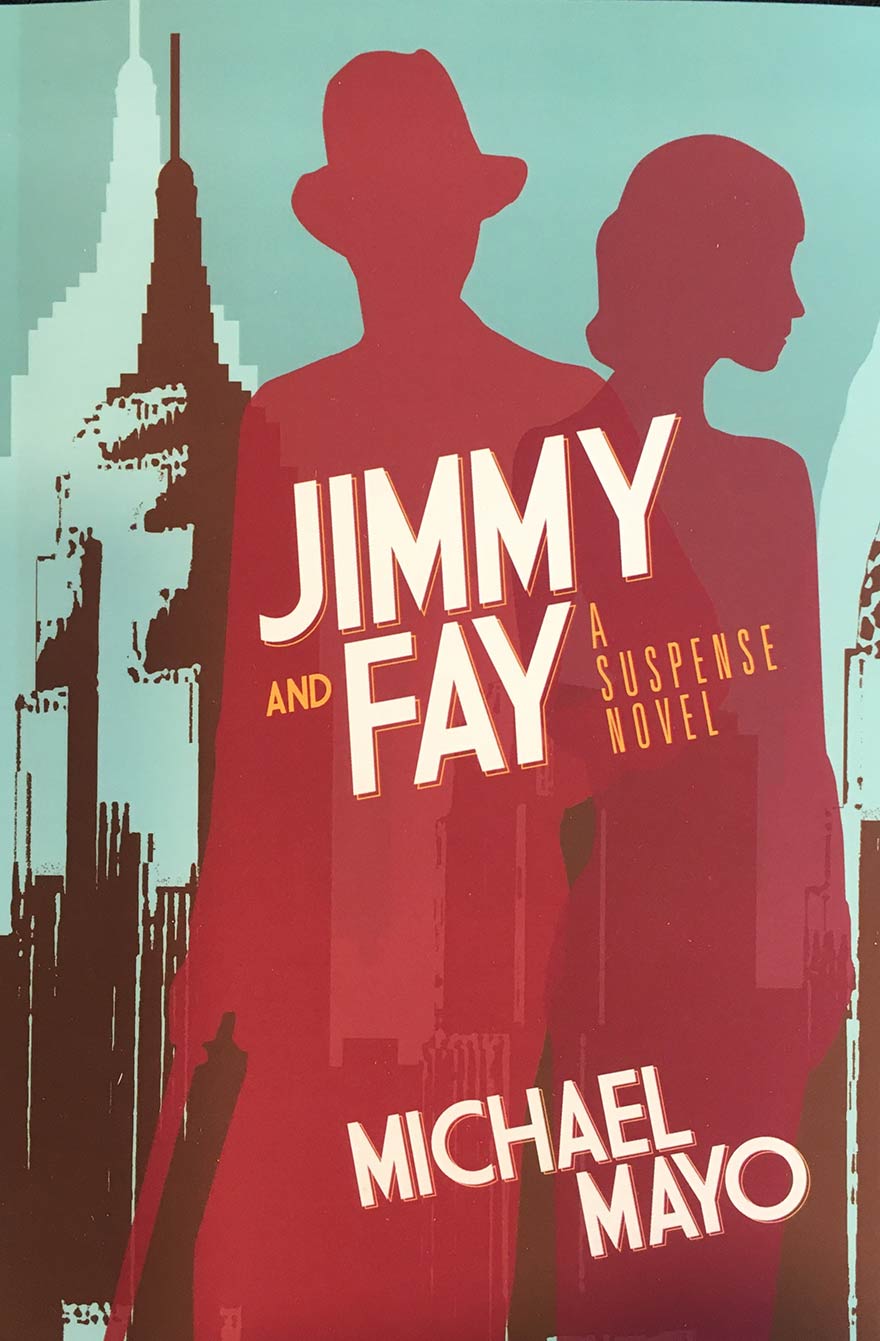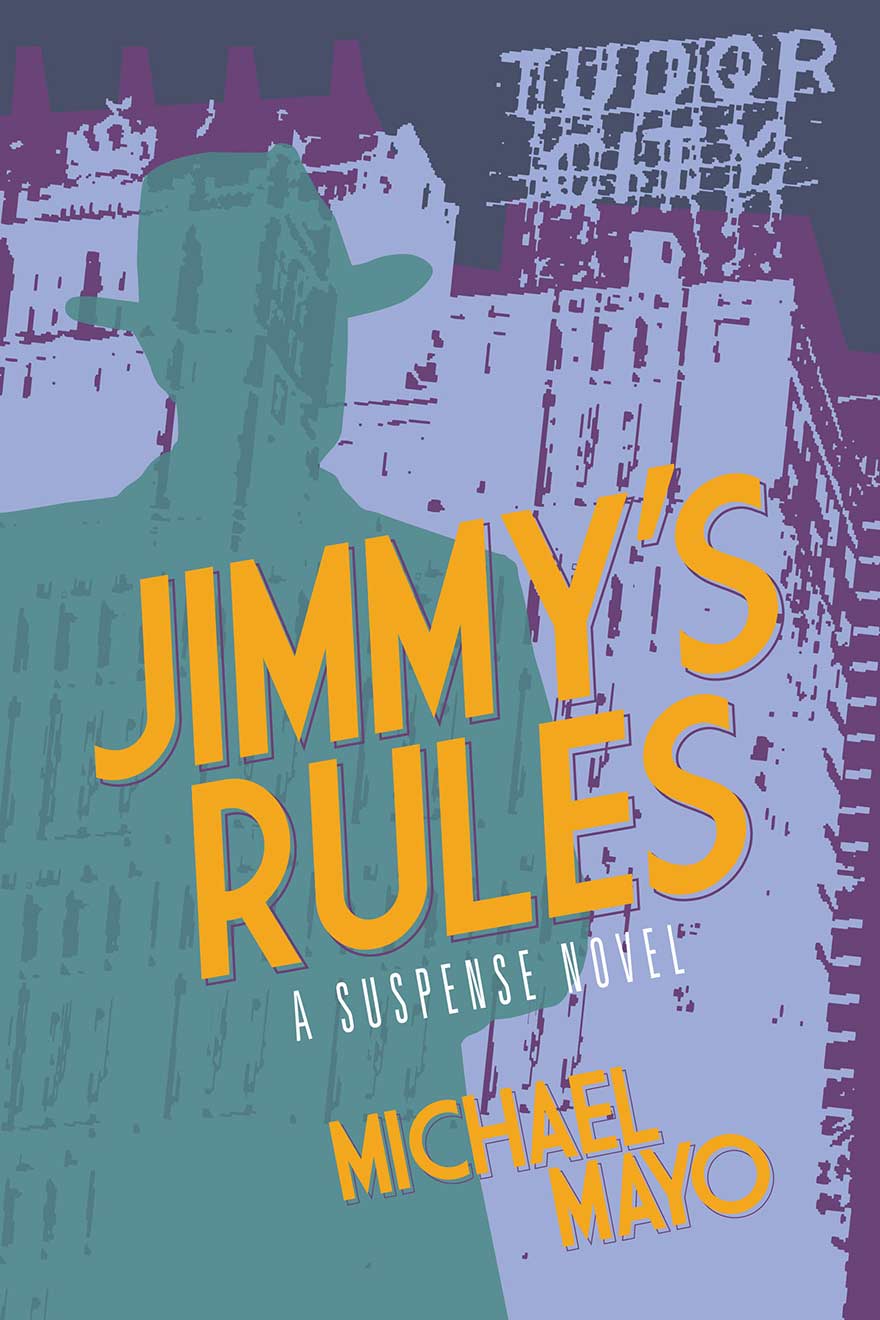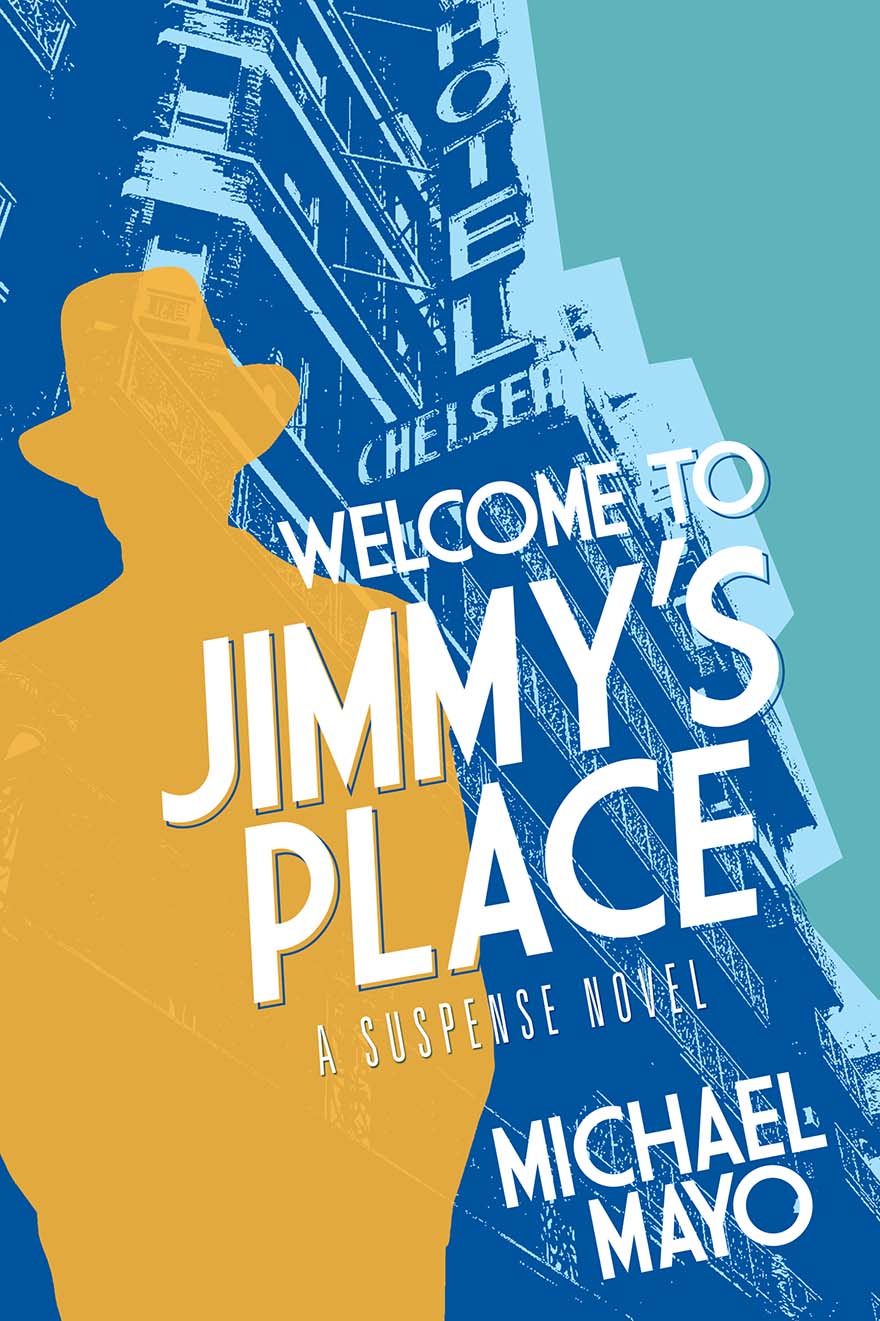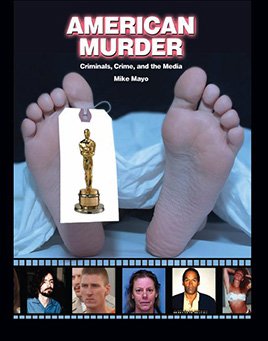
Debby Applegate’s Madam (Doubleday. $32.50) is the best portrayal of Prohibition New York—in all its bawdy, violent, beautiful, profane madness—I’ve ever read. It’s a biography of Polly Adler, the city’s most famous and infamous purveyor of the finest prostitutes. She and her girls were favorites of the literary lions, legendary gangsters, politicians, and Hollywood’s biggest stars. When that part of her life was over, she wrote a best-seller that shocked ‘50s America. Until now, no one had written a full-length book about her.
In this email interview, I asked Debby Applegate about her remarkable work.
MM: What was the first spark that made you want to write about Polly? What drew you to her?
DA: I remember that first spark so well! It was Polly’s fantastic memoir of her career as a madam–the story of how a good Jewish girl from a tiny town in Russia became one of the “authentic Big Shots” of Jazz Age New York. Entitled A House is Not a Home, it was published in 1953 and became a national sensation, selling over 2 million copies and topping the best-seller lists. (It was turned into an awful movie in 1962, starring Shelley Winters as Polly. You can catch it on YouTube.) I just stumbled randomly upon her memoir in the stacks of the library, a slim book with a scarlet cover.
I’d never heard of Polly Adler but as soon as I read it, it seized my imagination. She whitewashed her life, of course. But even without all the incriminating details I could see that she was a kind of Forest Gump figure, if you will, who came into contact with most of Manhattan’s movers and shakers between World War I and II. I had a hunch that Polly Adler’s story could provide a way to tell the secret history of New York in those early decades of the twentieth century.
Also, Polly is just one of those great historical and literary characters who is fun to be around–which is important since I spent so many years working on this biography. She was broadminded and funny, hardboiled but optimistic, keenly intelligent and extraordinarily ambitious. As Polly’s friend, the playboy songwriter Jimmy Van Heusen, put it: “Polly Adler was one of the most fascinating females I ever knew. How the hell do you explain why you like someone? Polly was warm and funny, smart and gutsy and fun to be around. We liked each other and didn’t take the time to think about it much.”
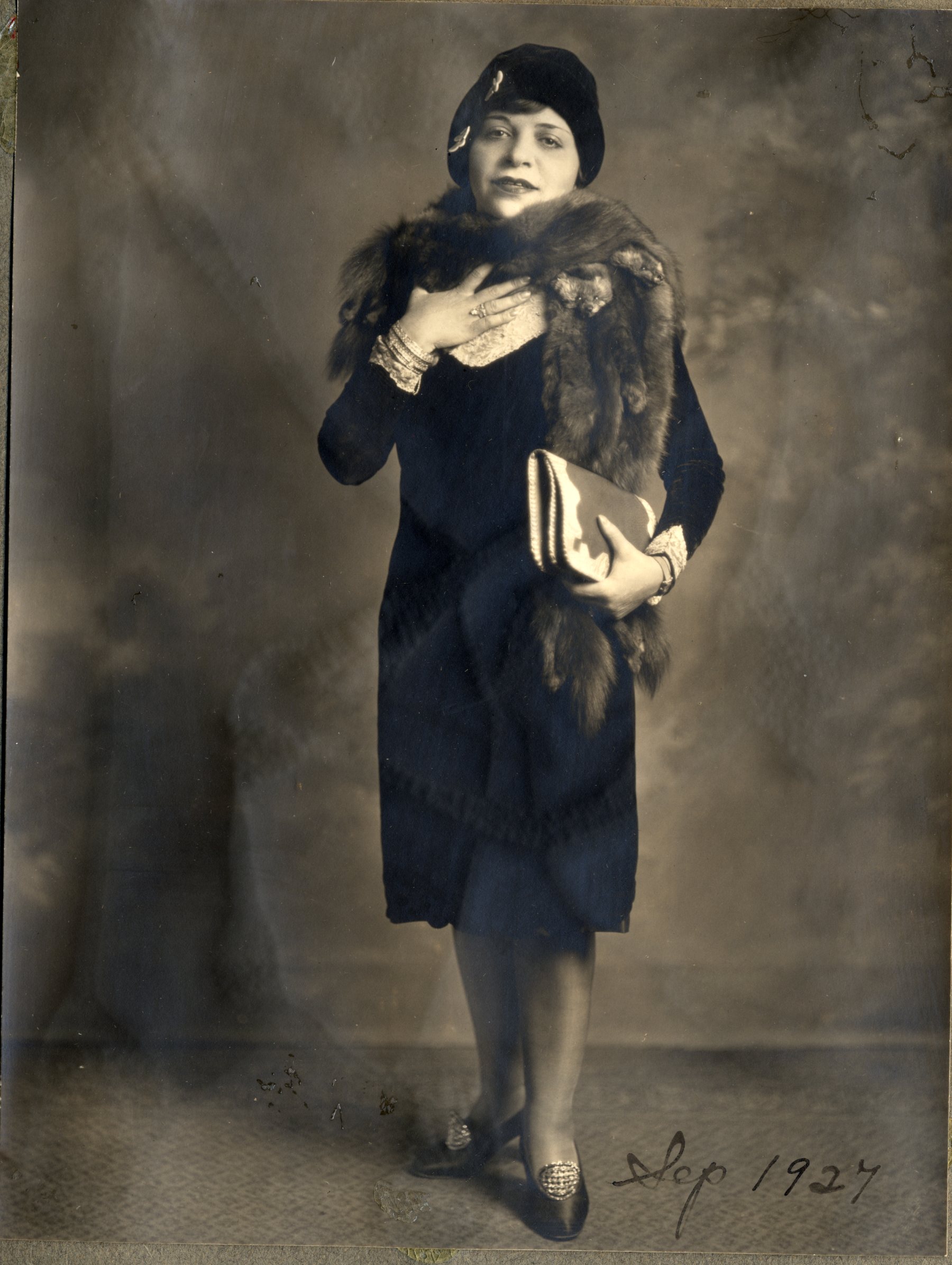
MM: I enjoy your slangy prose. It captures the crazy energy of those times. How did you decide to use that voice?
DA: Thank you! Polly lived in the golden age of “slanguage,” to borrow Walter Winchell’s word. (Winchell, as it happens, was one of her most enthusiastic and loyal customers.) She and her pals spoke in a colorful mishmash patois of show business, sports, gambling, tabloid journalism, and underworld lingo. And all of this was beautifully captured in the newspapers, magazines, movies and music that came out of New York in those decades. I spent so many years steeped in these primary sources that I absorbed their cadences and vocabularies by osmosis. And when I started to write, that was the sound that came out on the page.
I am also a big believer that being immersed in the language of a specific time and place helps recreate that atmosphere. Evoking the language that characters heard and used is a subtle way of getting into their mindsets. Plus the energy and rhythm is just so much fun! I kept a running list of colorful phrases and slang synonyms, over thirty pages long, that I would occasionally dip into for inspiration and amusement, or to avoid repetition.
MM: Without giving anything away, Polly said that a certain beloved President was a client. It can’t be proven, of course. Do you think it’s true?
DA: That was one of the most shocking discoveries in my research. Near the end of her life, Polly told a young friend that Franklin Delano Roosevelt had been one of her customers around the time that he was running for governor of New York. And, that when FDR ran for president of the United States in 1932 she arranged to receive regular payments for the rest of her life in exchange for her silence.
That was the only clue I had. I spent months of research trying to prove this claim and I never did find definitive evidence. However, I found plenty of circumstantial evidence to support it and I don’t believe that Polly was lying in this instance. So, I would say that it is likely but by no means certain that FDR was introduced to young women who worked for Polly and would be willing to provide the specialized sexual acts he could perform after his paralysis. However, I don’t have any reason to think that he ever met Polly or went to her brothels or even that he knew they were professional prostitutes.
MM: You don’t whitewash any of these characters. Nobody had completely clean hands, but wouldn’t you agree that the worst of the bad guys were the vice cops?
DA: Oh, that was also shocking to me. “As vile as a vice cop,” was a common phrase in the underworld for good reason. The stream of police graft from vice was so steady and so lucrative, that it required several thousand dollars and excellent political connections to wrangle a job on the plainclothes squad. Polly courted the vice cops with heavy bribes, free drinks and rolls in the hay, and threw wild parties for them. She just figured that was the price of doing business. But she hated the hypocrisy and the double-crosses–all those cops who took her money, guzzled her booze and slept with her girls, then hauled her in when they needed to fill their monthly arrest quota, score points with their bosses, or put a little bonus in their bank accounts. In the underworld it was conventional wisdom that without crooked cops—and their political backers—there would be no organized crime. It certainly seems so to me.
MM: Those were dangerous times for everyone, particularly a woman in Polly’s profession. On dozens of occasions she could have ended up as a body dumped on a roadside. How did she negotiate such a treacherous environment for so long?
DA: Even Polly thought it was a miracle that she survived when so many of her criminal colleagues did not. Part of the answer was that she developed great “grift sense”, the ability to see all the angles in any situation. She combined moxie with diplomacy, and knew how to make herself valuable to powerful men. Funny enough, she had a lot of what we might call middle-class virtues: she didn’t do drugs or gamble heavily, didn’t fall for the wrong men, she was an honest broker, had great organizational skills and could save money, and she didn’t get tangled up in hotheaded ego battles. Criminologists sometimes write about “the villain’s paradox”, which is that those who work outside the law have no choice but to do business with fellow lawbreakers, who are, by nature and necessity, untrustworthy. For that reason, there was no commodity on the black market as rare—and as valuable—as trust. Polly’s secret was that in a world of villains, she was someone a villain could trust.
MM: At the end of your book you describe the central position Polly occupied during “New York’s flowering as the most vibrant and powerful city in the world.” How should she be remembered today?
DA: That’s a hard question to answer, funny enough. I know she’d like to be remembered as a modern Horatio Alger heroine, who beat the heavy odds against her. As she put it: “From the arrival at Ellis Island up the ladder rung by rung – five dollars a week, ten dollars a week a hundred dollars a week, a mink coat, a better address – from neighborhood trade to an international clientele – from a nobody to a legend.”
Nonetheless, Polly committed a lot of sins and contributed to a culture of corruption and exploitation that would turn the stomach of any good citizen. But she also provided a kind of amoral playground where the imagination was allowed free play, unfettered by outside eyes and conventional rules, and where ambitious people of all walks of life could mingle and absorb new ideas. Many of her customers and employees would go on to create the songs, movies, writings, corporate industries, and daring new notions in mores and morals, that would define twentieth-century popular culture. So, how you view her depends on what you value.
Maybe the most important reason to remember her is that she gives us a rare view of the underbelly of the city and the last century. We don’t like to admit how often the interplay of sex, power and hypocrisy drive the decisions that shape our world. Polly never lets us forget it.


